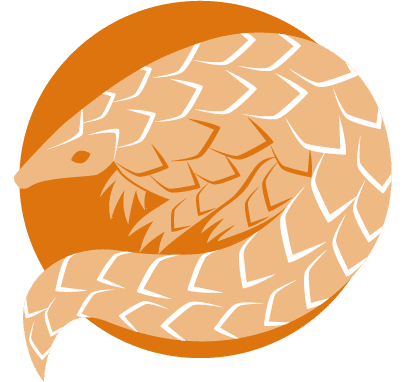At a glance

IUCN SSC Primate Specialist Group Section on Small Apes
Small apes, or gibbons, can be found all over southeast Asia, where they live either in pairs or small groups. Gibbons are the only apes that sing in duets, often in the morning to define and mark their territory. Sadly, these species are in serious trouble. The plight of the small apes has been so often overshadowed by the great apes despite being considered the most threatened primate family. In fact, every single species of gibbon is considered Critically Endangered, Endangered or Vulnerable by the IUCN. The Hainan Gibbon (Nomascus hainanus) has only about 25 individuals left.

A mother Lar Gibbon with baby feeding. Image: © iStock
The SSA is a community of over ninety experts from twenty-one countries that collectively holds the greatest repository of gibbon knowledge in the world. SSA members study their behaviour, their biology, and their habitat; they track gibbons in the wild to learn their numbers and location, and to help them thrive there. Others protect areas of forest and educate communities about how wonderful gibbons are, supporting them in preserving their local wildlife. They also study diseases that affect wild populations, so the world can better protect them. Since gibbons are relatively unknown and little understood, SSA members continuously raise awareness of their needs, traits and threats.
The SSA sensitises people to the problems of the gibbon pet trade, thereby disrupting it and returning captured gibbons to the wild. In situations where this is not an option, the SSA gives them the best possible life in captivity. Some of its members work in zoos, or rescue and rehabilitation centres, making sure the gibbons are happy and healthy; working up close and personal with gibbons helps scientists to better understand them and to protect their wild cousins. The SSA has also strengthens co-ordination amongst gibbon conservationists worldwide, sharing resources and knowledge to make their work more effective. It provides direct technical support to conservationists in the field and keeps IUCN guidelines up to date.
Synchronicity Earth’s Asian Species Programme supports the work and ambitions of the SSA community. This support enables the SSA to:
- implement campaigns to reduce the online trade in gibbons and to provide viable long-term options for gibbons which are confiscated or handed in;
- develop Conservation Action Plans to clarify priorities for conservationists, scientists, government and other decision makers;
- provide training and guidelines to ensure increased welfare of gibbons in captivity and those that are confiscated from the trade, as well as guidance for release;
- publish scientifically robust information on gibbons to help scientists and conservationists better understand, care for and protect gibbons;
- ensure the IUCN Red List of Threatened Species as a decision tool is thorough and up-to-date; and
- provide direct technical support to implementing projects engaged with gibbon conservation.
Through this we support the SSA’s mission to stand with gibbons against the threats they face, from habitat destruction to the illegal pet trade. Southeast Asia’s forests have woken up to gibbon song every sunrise for the past 17 million years, and we intend to keep it that way.

